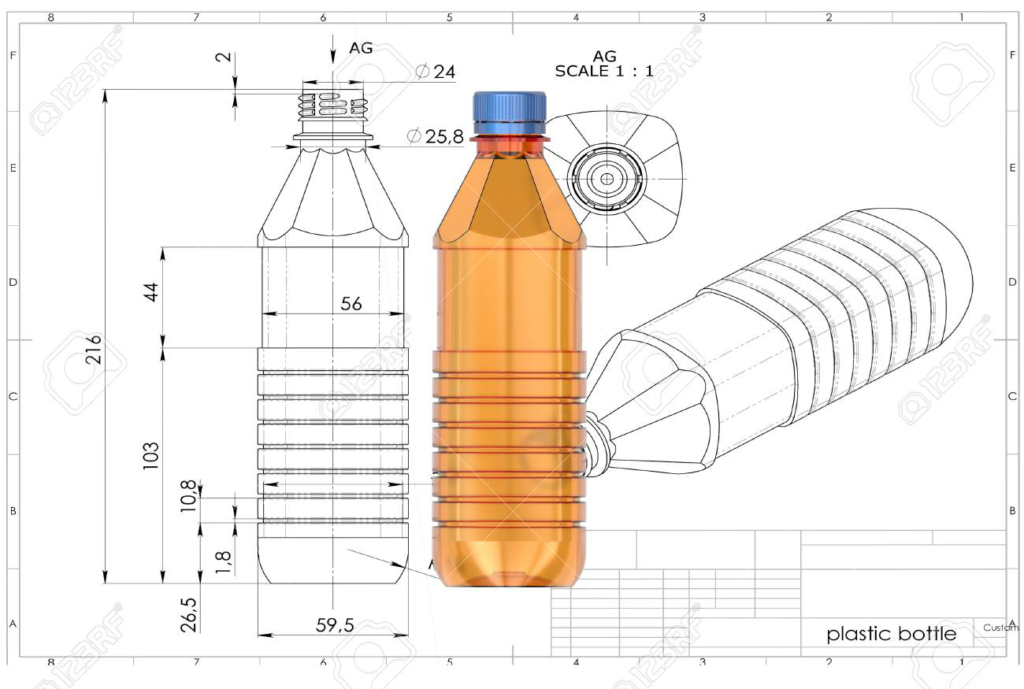A new use for Plastic Bottles
They have become a staple in modern day society with a million plastic bottles bought around the world every minute – and the number promises to jump another 20% by 2021. The huge amount of plastic that ends up in the seas can cause environmental damage and cause harm to birds, marine animals, and fish.
It is estimated that an average of 35.8 million plastic bottles are used EVERY DAY in the UK, but only 19.8 million are recycled each day. This means there are on average 16 million plastic bottles a day not making their way into the recycling bin.
In an effort to reduce the numbers and plastic waste, a scheme in Brighton is offering free water bottle refills in shops and cafes. Refill began life in Bristol and has spread across the UK in a bid to reduce waste. Industry body Water UK said it was going to join forces with Refill to bring the scheme to every major town in England by 2021.
Just how many plastic bottles are still wasted every day? According to Forbes more than 480 billion plastic drinking bottles were sold in 2016 across the globe, which increased exponentially from around 300 billion bottles a decade ago. On top of that, it is estimated that over half a trillion plastic bottles will be sold in 2020. By 2021 it’s estimated that the number of plastic bottles will increase to 583.3 billion, according to estimates from Euromonitor International’s global packaging trends. What can we do about it?
Whilst LeoWood can be used (drilled, screwed, fixed) as timber it has advantages over wood as it is extruded and moulded like plastic, providing a uniform material and appearance.
Further to this it has the following advantages:
It uses recycled materials
Is low maintenance
Is more thermally stable than plastic
Is dimensional stable
Is resistant to rot
Has lower variability than wood
Does not warp and splinter
